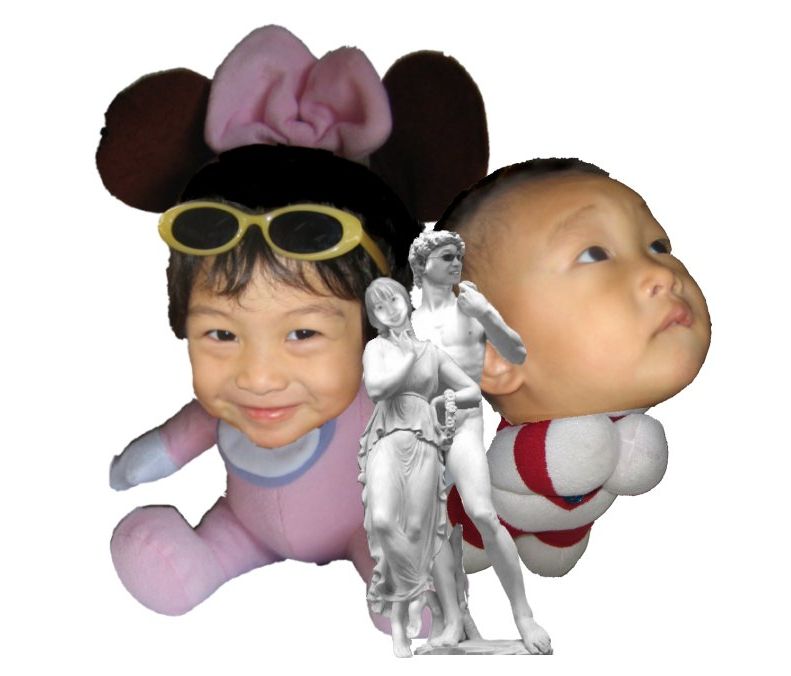Towards the end of the year and the beginning of the new year, there are a couple of events that you might notice if you happen to be in Japan. Here's a typical list of things you might encounter.
1. Year-end cleaning
It's an annual event where everybody goes all out to clean their class rooms, offices, homes, before ushering into the New Year.
2. Sending out New Year's card
About 1 month before the New Year, supermarkets, post offices, photo-printing companies, and even websites will start to remind us of the New Year's card. Read more about this activity here.
3. Year-end party(忘年会)
Usually after the big year-end cleaning event, a sort of celebration is held. This is called bonenkai (忘年会) which literally means forget-year party. The MC of this party usually will start off with a customary speech telling us to forget all the unfortunate events of the year and look forward to the New Year, before every body starts to dig in.
4. End-of-the-year jumbo lottery (年末ジャンボ宝くじ)
Depending on your habit, you might like to try your luck with the lottery. In Japan the only lottery license is given to a bank. So a bank runs the national lottery making a big bonus for all their employees at the end of the year. If you attend Christmas parties, a common thing nowadays is a Bingo game.
 The End of the Year Jumbo Lottery that won me 300 yen. That's a 90% loss for me. Goes to show that gambling never pays. But then again paying 3000 yen a year for hope is not too much a price to pay, is how I always console myself.
The End of the Year Jumbo Lottery that won me 300 yen. That's a 90% loss for me. Goes to show that gambling never pays. But then again paying 3000 yen a year for hope is not too much a price to pay, is how I always console myself.
5. New Year Food(おせち料理)
Traditionally housewives have to prepare a special meal for the New Year. Nowadays, you can order from the supermarket before hand. I have never had a traditional osechi ryori before, so I can't really comment. One would imagine it to be similar to the big meal for those celebrating the Lunar Chinese New Year.
6. Visit to temples (初詣)
Every year, hordes of people would throng temples and shrines to perform hatsumode. I went for my first hatsumode too. Here's a description of my experience.
7. Prosperity bags (福袋)
On New Year's day, shopping malls and department stores will display what is called a prosperity bag. In the bag are usually clothes, perfume or jeweleries. During this day only, a set of clothes that might cost 20,000 yen if bought separately are sold at half the price to attract customers. I would say this is the best time to get that set of winter clothes that you always wanted.
It's an annual event where everybody goes all out to clean their class rooms, offices, homes, before ushering into the New Year.
2. Sending out New Year's card
About 1 month before the New Year, supermarkets, post offices, photo-printing companies, and even websites will start to remind us of the New Year's card. Read more about this activity here.
3. Year-end party(忘年会)
Usually after the big year-end cleaning event, a sort of celebration is held. This is called bonenkai (忘年会) which literally means forget-year party. The MC of this party usually will start off with a customary speech telling us to forget all the unfortunate events of the year and look forward to the New Year, before every body starts to dig in.
4. End-of-the-year jumbo lottery (年末ジャンボ宝くじ)
Depending on your habit, you might like to try your luck with the lottery. In Japan the only lottery license is given to a bank. So a bank runs the national lottery making a big bonus for all their employees at the end of the year. If you attend Christmas parties, a common thing nowadays is a Bingo game.
 The End of the Year Jumbo Lottery that won me 300 yen. That's a 90% loss for me. Goes to show that gambling never pays. But then again paying 3000 yen a year for hope is not too much a price to pay, is how I always console myself.
The End of the Year Jumbo Lottery that won me 300 yen. That's a 90% loss for me. Goes to show that gambling never pays. But then again paying 3000 yen a year for hope is not too much a price to pay, is how I always console myself.5. New Year Food(おせち料理)
Traditionally housewives have to prepare a special meal for the New Year. Nowadays, you can order from the supermarket before hand. I have never had a traditional osechi ryori before, so I can't really comment. One would imagine it to be similar to the big meal for those celebrating the Lunar Chinese New Year.
6. Visit to temples (初詣)
Every year, hordes of people would throng temples and shrines to perform hatsumode. I went for my first hatsumode too. Here's a description of my experience.
7. Prosperity bags (福袋)
On New Year's day, shopping malls and department stores will display what is called a prosperity bag. In the bag are usually clothes, perfume or jeweleries. During this day only, a set of clothes that might cost 20,000 yen if bought separately are sold at half the price to attract customers. I would say this is the best time to get that set of winter clothes that you always wanted.




.gif)













